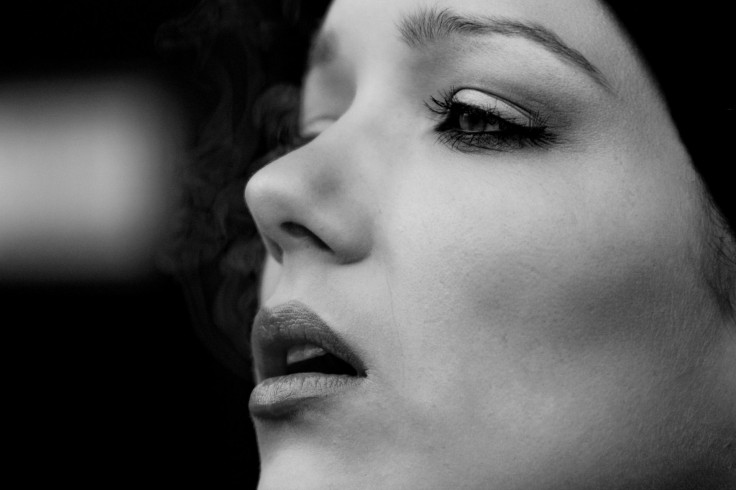Factors That Affect Depression In Women May Include Menstrual Cycle Onset, Birth Control Use

A new study found women who experienced their first menstruation earlier, and therefore were exposed to the hormone estradiol for longer, had a decreased depression rate later in life. Differences in exposure to estradiol, a derivative of estrogen, as well as long-term use of birth control may both explain why some women experience significant signs of depression around the time they go through menopause and others are protected, the study from the North American Menopause Society suggests.
Now published online in Menopause, the study found a significant association between the amount of time that women are exposed to estrogen, which begins at first menstruation and ends at menopause, and the risk of depression during the transition into menopause and for 10 years after.
Read: Early Onset Menopause: How Age Impacts Risk For Heart Disease, Premature Death
"This study additionally found a higher risk for depression in those with earlier menopause, fewer menstrual cycles over lifespan, or more frequent hot flashes,” said Dr. JoAnn Pinkerton, executive director of NAMS, in a press release.
The study was based on the medical history of more than 1,300 regularly menstruating and premenopausal women aged 42 to 52 at the start of the study. Estradiol, in addition to being a sex hormone, also controls the creation, availability, and metabolism of serotonin, a neurotransmitter associated with happiness and also consequently depression.
While this research suggests a benefit of earlier menstruation, in any other aspect, early menarche is associated with more negative health consequences. In addition, starting menstruation earlier doesn’t necessarily mean you will menstruate for longer, as NPR reported that women who get their period when they are 11 or younger are more likely to hit menopause before the age of 40, and have no children. In addition, according to Susan G. Koman Foundation, starting your period at an earlier age is also associated with a small increase in breast cancer risk.
Age of menstruation is largely based on a girl’s genetic background, as girls and women are likely to menstruate similarly to their mothers and grandmothers. However, certain factors can make menstruation start sooner. For example, being overweight and not being very physically active can both cause women to start their periods at a later date, Susan G. Komen reported.
According to WebMD, many women may experience feelings of sadness or depression associated with menopause due to falling estrogen levels. This can cause irritability, lack of motivation, aggressiveness, difficulty concentrating, fatigue, mood changes, and tension. It’s important for women to speak with their doctor if they are experiencing any of these symptoms as they can usually be treated.
“Women and their providers need to recognize symptoms of depression such as mood changes, loss of pleasure, changes in weight or sleep, fatigue, feeling worthless, being unable to make decisions, or feeling persistently sad and take appropriate action," added Pinkerton.
Source: Marsh WK, Bromberger JT, Crawford SL, et al. Lifelong estradiol exposure and risk of depressive symptoms during the transition to menopause and postmenopause. Menopause . 2017
See Also:
Depression And Menopause: Early Onset Linked To An Increased Risk For Mental Health Problems



























